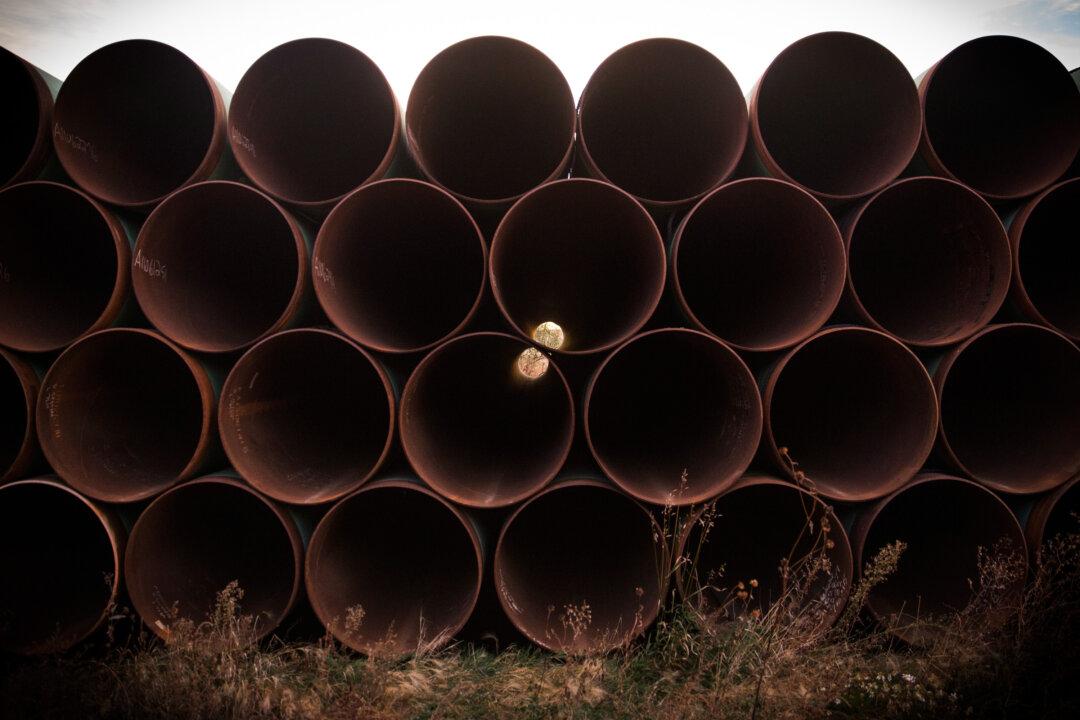The Trump administration defeated environmentalist groups in federal court last week, convincing the 9th Circuit Court of Appeals to throw out a lawsuit and restraining order that had prevented construction of the $8-billion Keystone XL Pipeline from Canada to the United States.
A three-judge panel of the circuit court, consisting of Judges Edward Levy, Consuelo Callahan, and Carlos Bea, granted the dismissal motion made by the government and pipeline company TransCanada Corp. on June 6.





